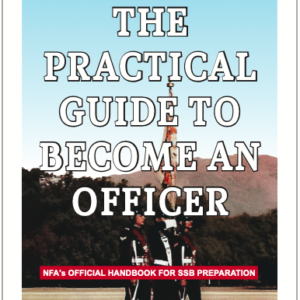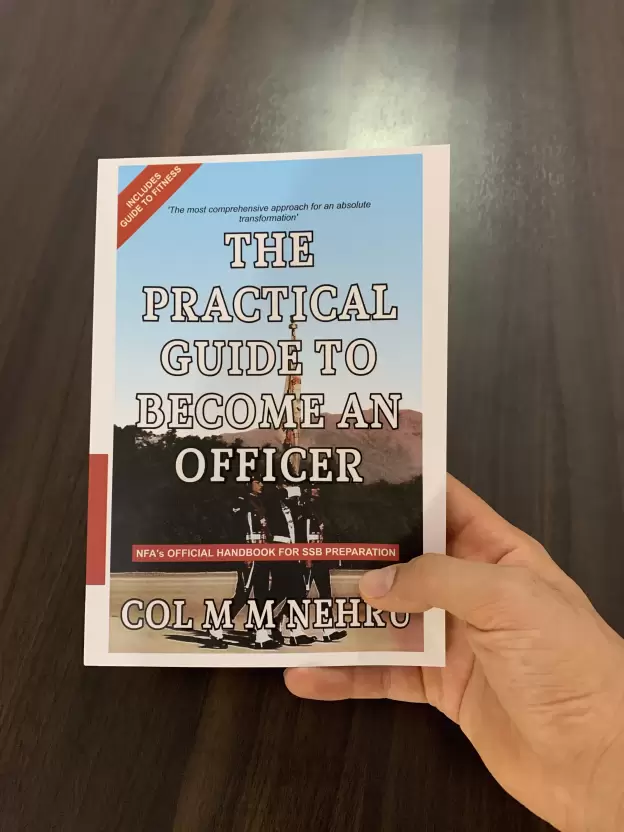As a Maj, from 1995-97, I was posted as the head of operations and intelligence staff at a Sector Headquarters at Kohima. My Commander had a considerable dislike for a Maj, who was heading an Intelligence unit. I had neutral views about him as a person. As a professional I was convinced that maintaining good relations and regular communications with maximum people, particularly those who had access to valuable information was the right thing to do. I abided by my professional instincts. This Maj, was residing as a bachelor in a house which had a common wall with my residence. I was residing with my wife and five-year-old son. It was quite usual for my neighbor to have late nights of drinking sessions with people who I rarely knew. It was none of my business.
After one altercation that my Commander had with the Maj being discussed, he called me and told me that I was overly friendly with this Major (which was incorrect; in any case there can be gaps between perception and reality) and I should stop communicating with him. In Indian society such instructions are routinely given by elders at home and seniors in the corporate world as well as the defense forces. In over 90% of the cases, such instructions are obeyed as well, primarily because deference to elders/loyalty to the boss is generally rated above loyalty to the organization. I could have easily accepted the instructions and abided by them partially. This is, however, not the way I have led my life. I told my Commander that this order was incorrect because he had authority over my professional conduct and not personal life and I would never ever ask this Maj to not come and have a cup of tea with me, which he did every 15-20 days or so. My Commander did not argue any further with me. He asked me if I realized that he did not like this attitude of mine. I told him that I knew this well and was very fine with the repercussions.
–BY COL M M NEHRU









